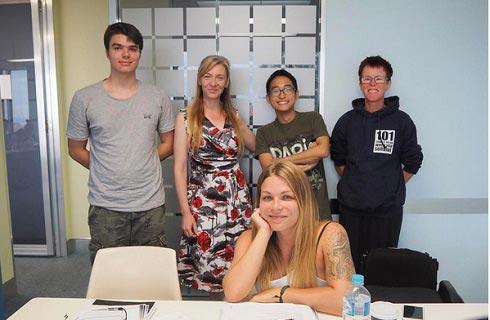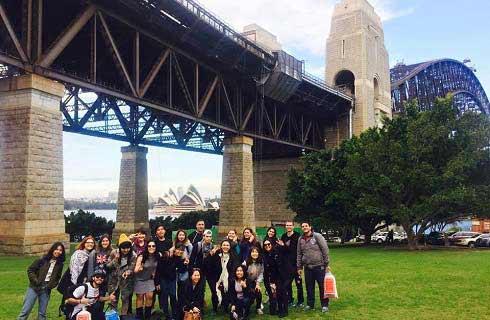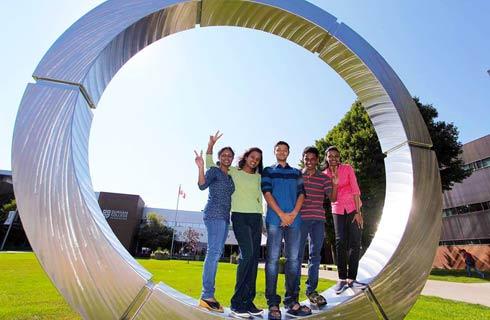Master of Science in Geosciences - Water Sciences

学历文凭
Masters Degree

专业院系
Geosciences

开学时间

课程时长

课程学费

国际学生入学条件
IDP—雅思考试联合主办方

雅思考试总分
6.0
了解更多
雅思考试指南
- 雅思总分:6
- 托福网考总分:60
- 托福笔试总分:160
- 其他语言考试:NA
CRICOS代码:
申请截止日期: 请与IDP顾问联系以获取详细信息。
课程简介
相关申请
 预科
预科 奖学金
奖学金 实习机会
实习机会 在校学习
在校学习 跨境学习
跨境学习 校园授课-线上开始
校园授课-线上开始 在线/远程学习
在线/远程学习
学校排名

世界排名401
数据源:泰晤士高等教育世界大学排名
本校相关课程

语言交流文学学士
学历文凭
Bachelor Degree
开学日期
课程费用总额


妇女,性别和性研究文学学士学位
学历文凭
Bachelor Degree
开学日期
课程费用总额


社会学文学学士
学历文凭
Bachelor Degree
开学日期
课程费用总额


社会工作学士
学历文凭
Bachelor Degree
开学日期
课程费用总额


风险管理与保险业务管理学士学位
学历文凭
Bachelor Degree
开学日期
课程费用总额


呼吸疗法理学学士
学历文凭
Bachelor Degree
开学日期
课程费用总额

其他相关课程

Bachelor of Science in Environmental Science - Water Science
 特拉华大学
特拉华大学泰晤士高等教育世界大学排名:474
学历文凭
Bachelor Degree
开学日期
课程费用总额


Master of Science in Hydrogeology
 克莱姆森大学
克莱姆森大学学历文凭
Masters Degree
开学日期
课程费用总额


Master of Science in Hydrologic Sciences
 加州大学戴维斯分校
加州大学戴维斯分校学历文凭
Masters Degree
开学日期
课程费用总额


Bachelor of Science Honours in Environmental Science - Hydrosphere
 康考迪亚大学
康考迪亚大学学历文凭
Bachelor Degree with Honours
开学日期
课程费用总额


Bachelor of Science in Ecohydrology / Master of Science in Hydrology and Hydrogeology
 内华达大学雷诺分校
内华达大学雷诺分校学历文凭
Combined Baccalaureate and Master's Prog
开学日期
课程费用总额


工厂经营者证书
 希科学院
希科学院学历文凭
Bachelor Degree
开学日期
课程费用总额



























